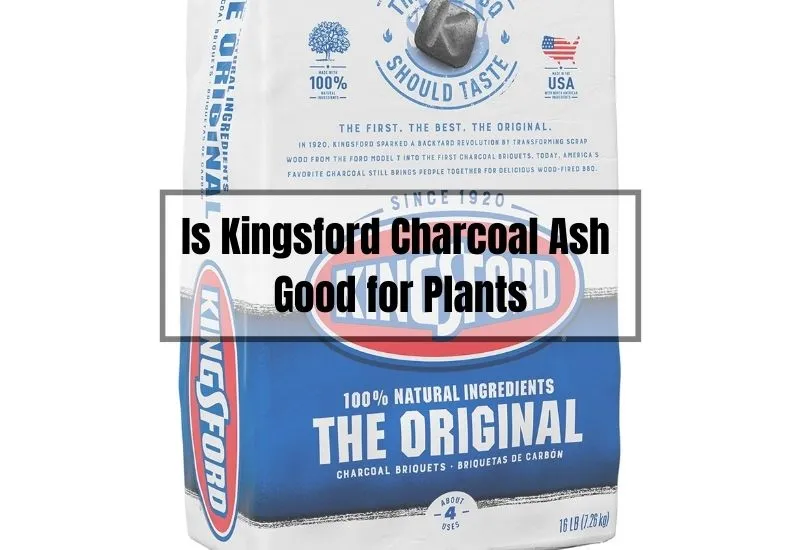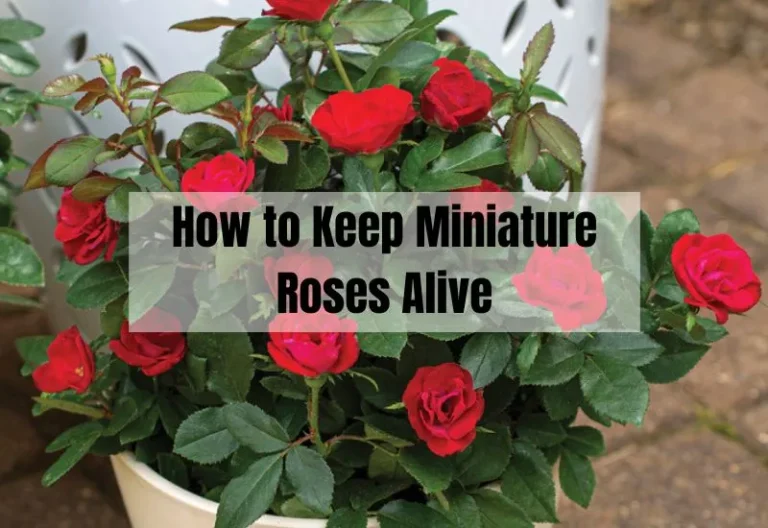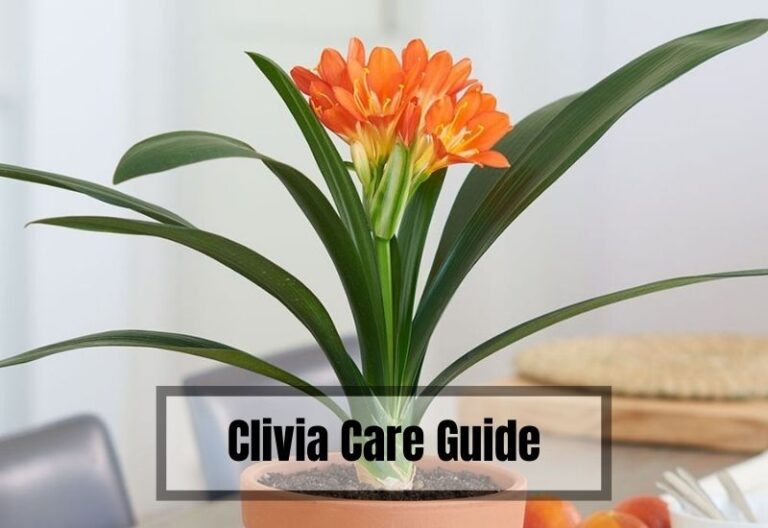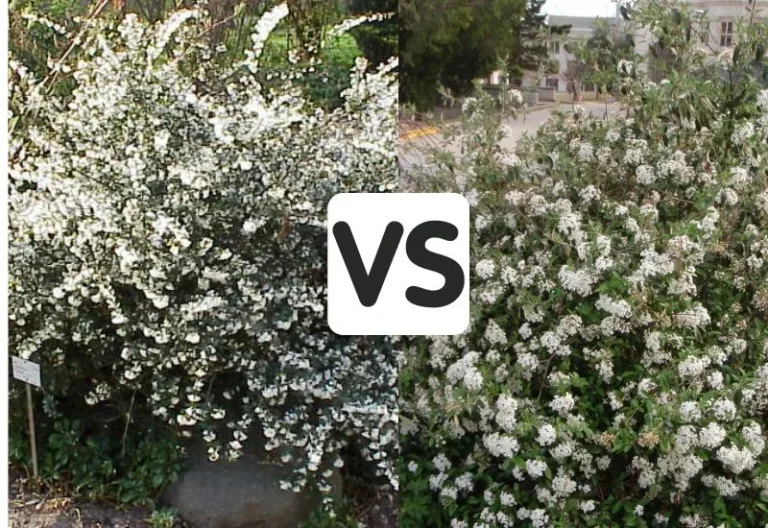Is Kingsford Charcoal Ash Safe and Beneficial for Your Plants?
Are you a gardener wondering if Kingsford charcoal ash is good for your plants? The short answer is yes, but there are some potential risks and alternatives you should consider before using it.
Charcoal ash is packed with nutrients that can benefit your plants, including potassium, calcium, and phosphorus. Plus, the carbon content in charcoal ash can boost soil fertility by increasing microbial activity. However, it’s important to use it correctly and in moderation to avoid damaging your plants.
In this article, we will explore the benefits and potential risks of using Kingsford charcoal ash for your plants. We will also discuss some alternatives to charcoal ash that can help keep your plants healthy and thriving. So, let’s dive in and find out if Kingsford charcoal ash is right for your garden.
Key Takeaways
- Kingsford charcoal ash can benefit your plants, but it’s important to use it correctly and in moderation to avoid damaging your plants.
- There are some potential risks associated with using charcoal ash, including alkaline soil and heavy metal contamination.
- Alternatives to charcoal ash include compost, manure, and other organic fertilizers that can provide your plants with the nutrients they need to thrive.

Is Kingsford Charcoal Ash Good for Plants?
So, the burning question (pun intended) is: Is Kingsford charcoal ash good for plants? The answer is a resounding yes! Charcoal ash is packed with nutrients that can work wonders on your green friends.
It’s high in potassium, calcium, and phosphorus, which are essential for plant growth. Plus, the carbon content in charcoal ash can boost soil fertility by increasing microbial activity.
In short, your plants will thank you for adding some charcoal ash to their diet!
How to Use Kingsford Charcoal Ash for Plants
Now that we’ve established that Kingsford charcoal ash is a boon for plants, let’s discuss how to use it. Here’s a simple step-by-step guide:
- Wait for the charcoal ash to cool down completely after your grilling session.
- Carefully collect the ash, avoiding any unburnt charcoal bits.
- Sprinkle the ash around the base of your plants, making sure not to get any on the leaves.
- Repeat the process every two weeks or after each time you water your plants.
And that’s it! Easy-peasy, right? Just remember to avoid overdoing it – moderation is key when it comes to applying ash to your garden.
How Much Charcoal Ash Can I Use on My Garden?
You might be wondering how much charcoal ash is appropriate for your garden. Generally, 10 pounds of ash will suffice for 1,000 square feet of soil. However, it’s essential to consider your soil’s current state and acidity levels.
The goal is to improve potassium levels and reduce the acidic nature of moderately acidic soil. So, keep a close eye on your plants and adjust the amount of ash you use accordingly.
The Benefits of Using Charcoal Ash for Plants
Now that we’ve covered the basics, let’s delve into the amazing benefits of using charcoal ash for your plants:
- Improved soil fertility: The carbon in charcoal ash enhances soil fertility by boosting microbial activity, which is essential for a thriving garden.
- Enhanced drainage in heavy clay soils: The high carbon content of charcoal ash helps break up clay particles, making it easier for water and air to penetrate the soil. This is great news for those struggling with heavy, clay-rich soil.
- Larger flowers and fruits: The extra nutrients provided by charcoal ash can lead to larger, more impressive flowers and fruits. Your garden will be the envy of the neighborhood!
- Increased resistance to pests and diseases: The minerals in charcoal ash can strengthen your plants’ cell walls, making them more resistant to pests and diseases. This means less time battling creepy crawlies and more time enjoying your garden.
- Improved drought tolerance: Applying charcoal ash around the base of your plants helps them retain water better, making them more drought-tolerant. This is especially helpful in areas with infrequent rainfall or water restrictions.
Composting Kingsford Charcoal Ash
Did you know that Kingsford charcoal ash can be composted? It’s true! Composting your ash is an excellent way to add some extra nutrients to your compost pile. To do this, simply mix the ash in with your other compost ingredients and let it break down over time.
The ash will help to aerate the compost pile, which can be particularly useful if the pile contains large amounts of grass clippings or other wet ingredients.
However, it’s important not to go overboard with the ash. Adding too much can make your compost too alkaline. A good rule of thumb is to add no more than one part ash to 10 parts other compost ingredients. This way, you’ll strike the perfect balance and create nutrient-rich compost for your garden.
Is Charcoal Ash Suitable for All Plants?
While charcoal ash can work wonders for many plants, it’s essential to remember that not all plants are suited for this treatment. Charcoal ash raises the pH of the soil, increasing its alkalinity.
For this reason, you should avoid adding ash to acid-loving plants such as blueberries, rhododendrons, and azaleas.
In general, wood ash is best suited for plants that thrive in alkaline soils, like garlic, leeks, lettuces, and fruit trees. So, before you go sprinkling ash all over your garden, make sure you know which plants will benefit from this natural fertilizer.
Potential Risks of Using Charcoal Ash
When it comes to using Kingsford charcoal ash in your garden, there are some potential risks to keep in mind. While charcoal ash can be beneficial for your plants, it’s important to be aware of these risks before using it in your garden.
Heavy Metals
One potential risk of using charcoal ash is the presence of heavy metals. Charcoal ash can contain high levels of heavy metals such as lead, cadmium, and mercury. These metals can be harmful to both plants and humans if ingested in large amounts.
To avoid this risk, it’s important to only use charcoal ash from natural hardwood charcoal and avoid using ash from charcoal that contains additives or chemicals. Additionally, it’s important to use charcoal ash sparingly and not to apply it too frequently to your garden.
Alkalinity Issues
Another potential risk of using charcoal ash is the alkalinity of the ash. Charcoal ash is highly alkaline, which can cause issues for plants that prefer acidic soil. If you have plants that prefer acidic soil, using charcoal ash can cause the soil to become too alkaline and harm the plants.
To avoid this risk, it’s important to test the pH of your soil before using charcoal ash and only use it if your soil is neutral or alkaline. If your soil is already acidic, it’s best to avoid using charcoal ash altogether.
In conclusion, while Kingsford charcoal ash can be beneficial for your plants, it’s important to be aware of the potential risks before using it in your garden. By using charcoal ash sparingly and avoiding it if your soil is already acidic, you can safely and effectively use it to improve the health of your plants.
Alternatives to Charcoal Ash for Plant Health
If you’re looking for alternatives to Kingsford charcoal ash for your plants, there are several options you can consider. Here are some of them:
Wood Ash
Wood ash is a great alternative to charcoal ash, as it contains similar nutrients such as potassium, calcium, and phosphorus. However, it’s important to note that wood ash can be alkaline, which means it can raise the pH level of your soil. So, it’s best to use it sparingly and test your soil pH regularly to ensure it stays within the optimal range for your plants.
Compost
Compost is another excellent option to improve soil health and provide nutrients to your plants. Composting involves breaking down organic matter such as food scraps, yard waste, and other organic materials into rich, nutrient-dense soil. You can use compost as a soil amendment, top dressing, or even make compost tea to feed your plants.
Fertilizers
Fertilizers are a quick and easy way to provide your plants with the nutrients they need to grow healthy and strong. There are many different types of fertilizers available, including organic and synthetic options.
It’s important to choose a fertilizer that’s appropriate for your plants and follow the instructions carefully to avoid overfeeding or burning your plants.
Mulch
Mulch is a great way to improve soil health, retain moisture, and suppress weeds. You can use a variety of materials as mulch, including leaves, straw, wood chips, and grass clippings. As the mulch breaks down, it provides nutrients to the soil, which can benefit your plants.
Frequently Asked Questions (FAQs)
Can I use charcoal ash on indoor plants?
Yes, you can use charcoal ash on indoor plants. However, you should use it sparingly and monitor your plants closely for any signs of distress. If you’re unsure, it’s best to consult a local gardening expert for advice specific to your indoor plants.
Is charcoal ash safe for pets?
Charcoal ash, when used appropriately, should not pose a threat to your pets. However, it’s essential to keep the ash out of reach of curious pets, as ingesting large quantities could cause digestive issues. Always supervise your pets when they’re around areas where you’ve applied charcoal ash.
Can I use charcoal ash from other brands besides Kingsford?
Yes, charcoal ash from other brands can also be used for plants, as long as it’s from natural hardwood charcoal. It’s essential to ensure the ash doesn’t contain any additives or chemicals that could harm your plants.
Is charcoal ash from briquettes safe for plants?
Charcoal ash from briquettes may contain additives or binders that could be harmful to plants. It’s best to stick to ash from natural hardwood charcoal, like Kingsford, to ensure the safety and health of your garden.
Conclusion
And there you have it, folks! Using Kingsford charcoal ash for your plants is not only a great way to recycle your grilling waste, but it also provides numerous benefits for your garden. From improved soil fertility and drainage to larger flowers and fruits, there are plenty of reasons to give this natural fertilizer a try.
So, next time you fire up the grill, remember to save those ashes and give your plants a little extra TLC. You’ll be amazed at the difference it can make. Happy grilling and gardening!






